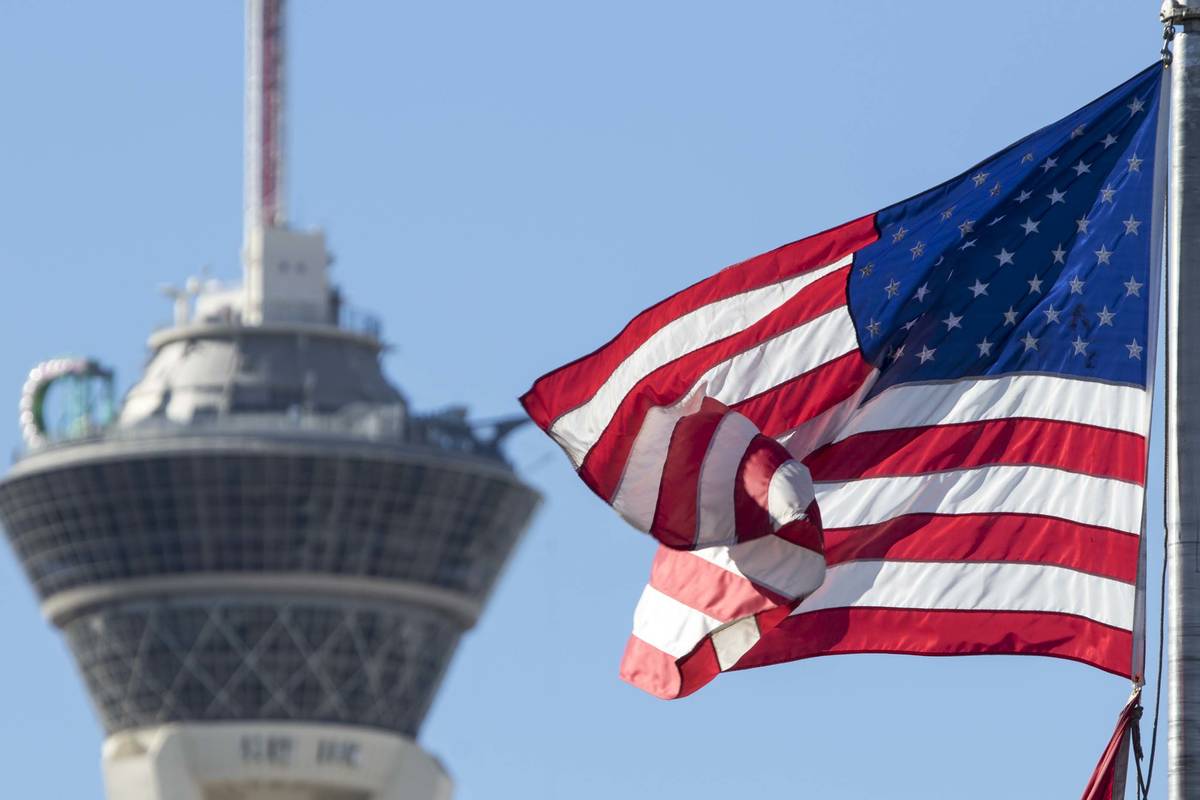STEVE SEBELIUS: Congress can make good on America’s promise
They acted “in the highest traditions of the American spirit.”
That’s what the former CEO of Air America wrote on May 11, 1975, to the employees of the airline, a private front company for the Central Intelligence Agency. Pilots for Air America had just participated in the evacuation of Saigon, the last mission in Southeast Asia for a company whose roots stretched to shortly after the end of World War II.
Between the first flight of Air America forerunner, the Civil Air Transport, in 1947, and that helicopter lifting off from the roof of the American Embassy on April 30, 1975, Air America flew cargo and personnel all throughout Southeast Asia during the war.
Although they weren’t required to monitor military frequencies or respond to emergencies, Air America pilots rescued many downed military aviators, often under hostile fire and at great peril to themselves during the war. A CIA fact sheet says Air America lost 240 pilots and air crew to hostile fire.
Air America, the saying goes, was “the world’s most shot-at airline.”
Its pilots and crew members didn’t wear a Navy or Air Force uniform, although they helped many men who did. Although they technically worked for a private company, they were ultimately federal employees.
And so everyone thought, even after the end of the war, up until the mid-1980s, when a retroactive bureaucratic change in the definition of “federal employee” left them without federal retirement credits accorded to other U.S. government employees who fought in Vietnam.
Since then, they’ve been fighting for those benefits.
Former Democratic U.S. Sen. Harry Reid took up their cause, which drew bipartisan support, including former Republican Sen. Dean Heller. Legislation to extend retirement credits has always fallen short, however, sometimes because of jurisdictional infighting among Senate committees, sometimes due to the secrecy that still surrounds Air America.
With Reid gone, the fight has fallen to others. This year, Sen. Marco Rubio, R-Fla., the acting chairman of the Senate Intelligence Committee, is bringing an amendment to the National Defense Authorization Act to provide retirement credits for Air Americans. Rubio has attracted a number of bipartisan co-sponsors, including Senate Minority Leader Chuck Schumer. And now add Nevada’s own Sen. Jacky Rosen.
“These individuals who were employed by the federal government have been fighting for decades to receive the recognition and support they have earned,” Rosen said in a statement. “The amendment I am co-sponsoring would finally grant the former employees of Air America with hard-earned federal retirement benefits.”
Sen. Catherine Cortez Masto, who took over for Reid in the Senate in 2016, said she’s interested in the Rubio amendment as well.
“Air America veterans served our country honorably, bravely flying into combat zones and assisting U.S. armed forces in Vietnam and Southeast Asia, and yet due to a retroactive administrative policy change, they aren’t eligible to receive the same retirement benefits that federal employees enjoy,” Cortez Masto’s office said in a statement. “Senator Cortez Masto is currently reviewing Senator Rubio’s fiscal year 2021 amendment relating to this issue and will continue to explore legislative options that support all those who serve our country.”
This weekend, we celebrate our nation’s 244th birthday and remember the heroes who answered her call to service. Air America pilots and air crews served with bravery and honor in an unpopular war, and many never returned home. It’s long past time we redeem the implicit promise of the United States, that we take care of those who took care of us. They didn’t let adverse conditions or enemy fire stop them from completing their missions; we shouldn’t let anything stop us from rewarding their service.
And happy Independence Day.
Contact Steve Sebelius at SSebelius@reviewjournal.com or 702-383-0253. Follow @SteveSebelius on Twitter.























